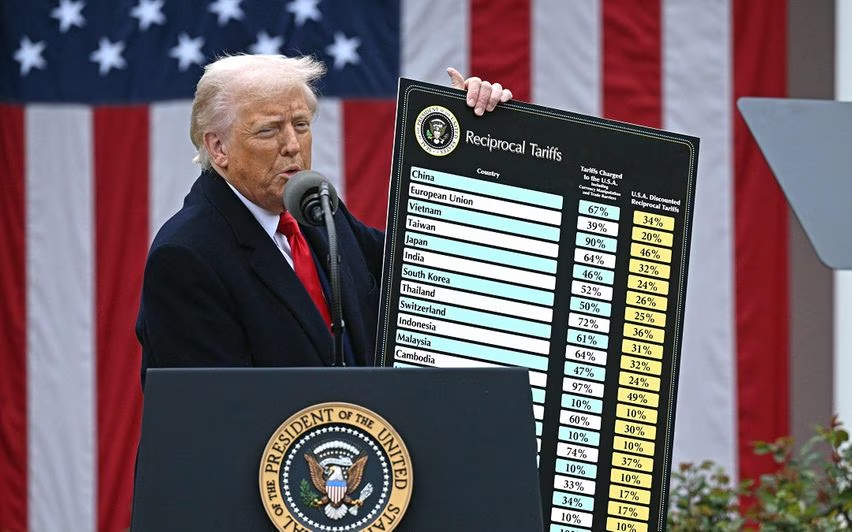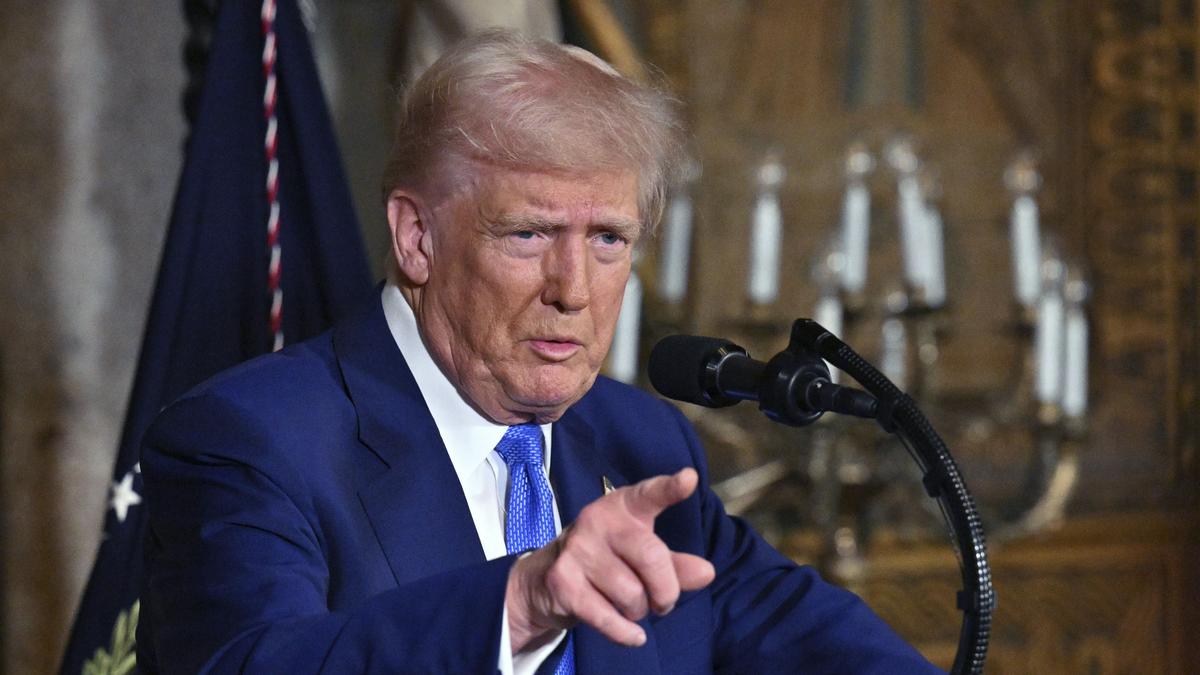In a bold economic move, U.S. President Donald Trump has announced sweeping new tariffs on imports, a decision that will impact the stock market worldwide.
Tariffs and Their Economic Impact
10% Baseline Tariff on All Imports
Starting April 5, a 10% baseline tariff will apply to all imported goods coming into the United States. This tax will be paid by companies importing foreign products, potentially leading to higher consumer prices.
Countries facing the standard 10% tariff include:
- United Kingdom
- Singapore
- Brazil
- Australia
- New Zealand
- Turkey
- Colombia
- Argentina
- El Salvador
- United Arab Emirates
- Saudi Arabia
Higher Tariffs for ‘Worst Offenders’

The White House has also singled out 60 countries that it believes have unfair trade practices, imposing customized tariffs on them, effective April 9.
Major trading partners facing increased tariffs:
- European Union: 20%
- China: 54% (including existing tariffs)
- Vietnam: 46%
- Thailand: 36%
- Japan: 24%
- Cambodia: 49%
- South Africa: 30%
- Taiwan: 32%
No Additional Tariffs on Canada & Mexico
Despite the broad tariff expansion, Canada and Mexico are exempt from the new 10% baseline tariff. Trump’s administration will continue managing trade with these nations under previously implemented tariffs of 25% on all imports, linked to border security and fentanyl trade restrictions.
25% Tariff on Foreign Cars Begins Immediately
In a separate move, all foreign-made automobiles will now be subject to a 25% import tariff, effective immediately. This is expected to have a major impact on automakers, particularly companies reliant on overseas manufacturing, potentially shaking up the stock market for auto giants like Tesla, Ford, and General Motors.
How the Stock Market Could React
Trump’s aggressive tariff strategy is likely to cause market volatility, with investors closely monitoring global trade tensions. Key areas of concern include:
- Automobile Stocks: Companies like Ford, Tesla, and General Motors could see shifts in their stock prices.
- Tech Industry: Tariffs on China may hurt tech giants such as Apple, Microsoft, and Nvidia that rely on Chinese supply chains.
- Retail & Consumer Goods: Higher import taxes may impact brands like Walmart, Target, and Amazon, leading to potential stock fluctuations.
- Wall Street Uncertainty: Traders will be watching how Dow Jones, S&P 500, and Nasdaq react to potential inflation risks from higher import costs.
Final Thoughts: A Turning Point for Trade & Stocks
With Trump’s new tariffs set to take effect in April, the stock market faces a critical turning point. Investors should prepare for increased volatility, potential sectoral shifts, and ongoing trade tensions that could redefine global economic trends.
Stay tuned for further market updates as the situation unfolds.






